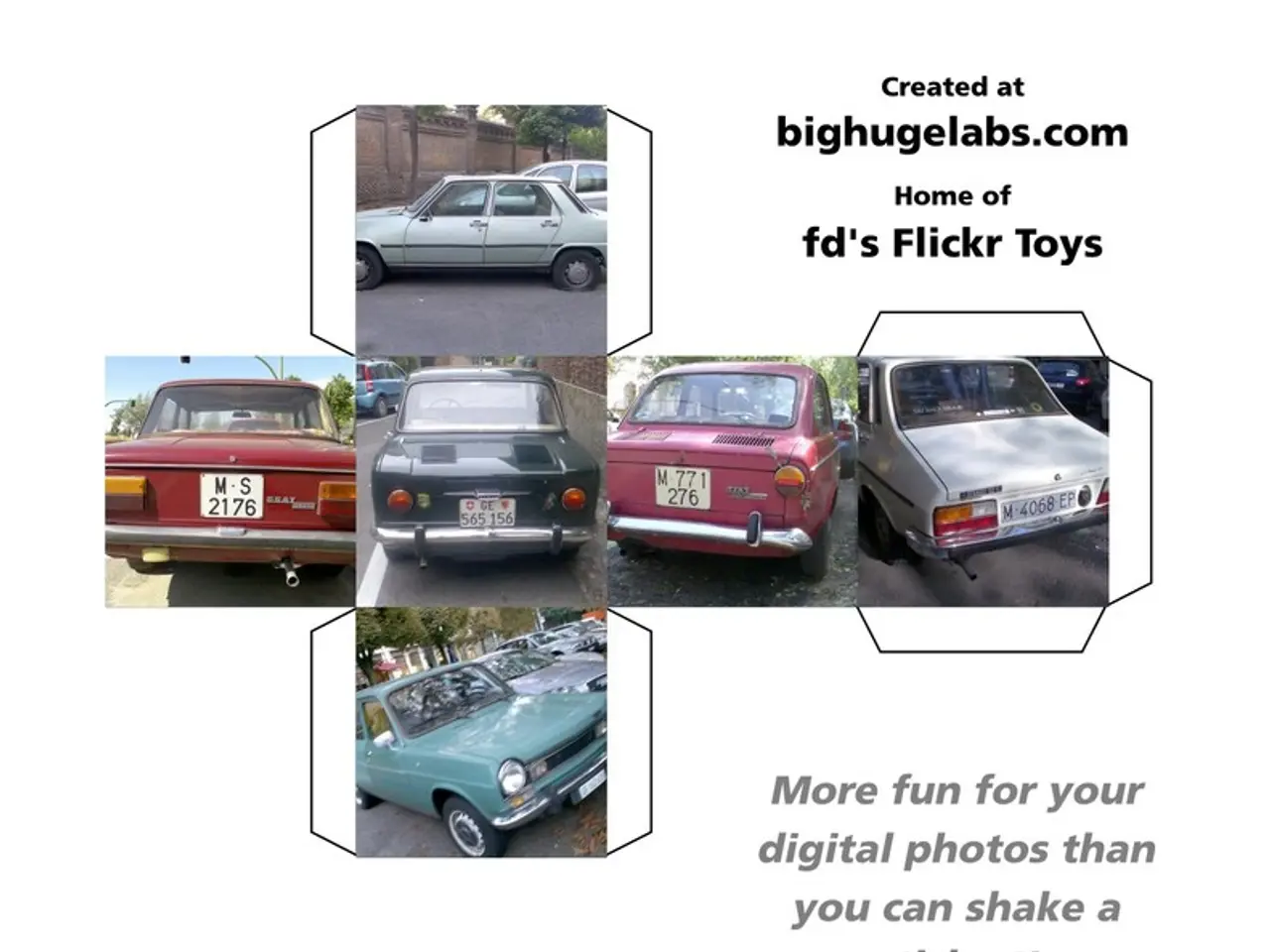Improvements in Transport Sector Initiated by the Commission
In Europe, the debate on decarbonizing transport is a complex interplay of technological neutrality and specific initiatives for various transport sectors. The European Union (EU) has set ambitious climate goals, aiming to reduce net greenhouse gas emissions by 90% by 2040, compared to 1990 levels.
Technological neutrality, a policy that does not favour one specific technology over another, is crucial in this context. It allows different technologies, such as electric, hydrogen fuel cell, or advanced biofuels, to compete on a level playing field, fostering innovation and competition.
In the realm of heavy transport, the EU has proposed to exempt zero-emission heavy-duty vehicles from road tolls until June 2031, aiming to make such vehicles more viable for businesses. The EU has also set CO2 emission performance standards for new heavy-duty vehicles, targeting significant reductions by 2030.
For passenger vehicles, the EU has set stringent CO2 emissions standards, offering car manufacturers flexibility to meet these targets while preserving their investment capacity on the path to zero-emission mobility. The regulatory framework for passenger vehicles emphasizes reducing emissions, with targets for 2025 and beyond, and a focus on supporting the transition to zero-emission vehicles through incentives and infrastructure development.
However, concerns have been raised within the road transport sector. Riccardo Morelli, president of Anita (Confindustria), and Paolo Ugge', the president of Fai-Conftrasporto, have expressed apprehensions that the EU's emission reduction targets could jeopardize the road transport sector. Massimo Artusi, president of Federauto, has highlighted that the voice of the road transport sector reaches decision-makers less loudly than that of the car sector.
In Italy, the adoption of zero-emission vehicles, particularly electric trucks, is still in its infancy. In 2024, the total number of electric trucks (over 3.5 tonnes) registered in Italy represents 0.7% of the total registrations in the segment. Above 5 tonnes, only 43 electric vehicles were registered in Italy in 2023, which is 0.15% (3 out of every 2000 vehicles).
Despite these low figures, Paolo Ugge' and others advocate for the application of technological neutrality, arguing that biofuels and other innovative solutions can be considered valid alternatives for the ecological transition. Technological pluralism, or the use of multiple technologies, is also supported by the Italian government, the last Draghi report, and the presidents of the Confindustries of Germany, Italy, and France.
The path to achieving these climate goals involves ensuring technological neutrality, supporting European industries, and fostering a just transition that includes all stakeholders. The debate in Europe continues, with the balance between technological neutrality and specific regulatory and incentive measures being a key focus.
- The debate in Europe, regarding the decarbonization of transport, extends beyond technological neutrality to include specific policies for various sectors, such as finance, energy, and automotive industries.
- The European Union (EU) has expressed support for zero-emission vehicles in the automotive industry, offering car manufacturers flexibility to adhere to stringent CO2 emission standards, while also advocating for technological neutrality in the general-news arena.
- In the realm of policy-and-legislation, the EU has proposed measures like exempting zero-emission heavy-duty vehicles from road tolls until June 2031, which some observers see as a move to make such vehicles more viable for businesses within the broader transportation industry.
- Critics within the road transport sector, such as Riccardo Morelli and Paolo Ugge', have expressed concerns that the EU's emission reduction targets could negatively impact their industry, while Massimo Artusi has underlined that the road transport sector's voice may be less influential compared to the car sector in politics.
- In Italy, the adoption of zero-emission vehicles, particularly electric trucks, is still minimal but proponents like Paolo Ugge' argue for the application of technological pluralism, which involves the use of multiple technologies, including biofuels, as valid alternatives for the ecological transition within the energy industry.




